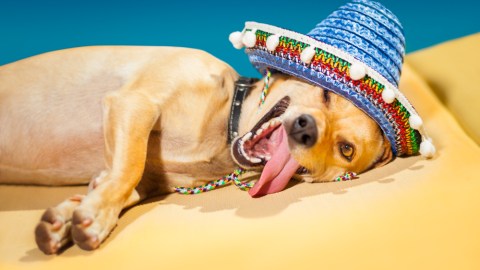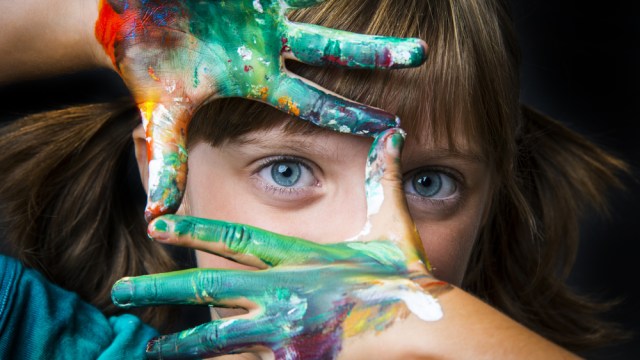Do Animals, Like Humans, Seek Out Drugs and Alcohol?

What’s the Latest?
In South Africa, legend has it that elephants seek out fruit of the marula tree because its intoxicating properties work similarly to the alcohol enjoyed by humans. Wallabies, dolphins, and vervet monkeys have also been accused of preferring natural intoxicants that get them high. In fact, scientists have documented vervet monkeys’ preference for fermented sugar cane over its non-acoholic form. “One study found that nearly one in five monkeys preferred a cocktail of alcohol mixed with sugar water over a sip of sugar water alone.” And curiously, teenage monkeys tended to drink more fermented sugar cane than their elders.
What’s the Big Idea?
Researchers hypothesize that older monkeys drink less because of “monkey politics”. In other words, more mature monkeys enjoy greater status in monkey society, increasing the social cost of intoxicated behavior that is by turns lethargic and aggressive. Of the animals studied by scientists for drunkenness, many accounts were mired in myth and superstition. And monkeys, because of their advanced cognitive abilities, are the most likely to consciously seek out mind-altering substances. It may be part of a human psychological bias–our desire to see ourselves reflected throughout nature–that leads us to mythologize animals as boozers like us.





